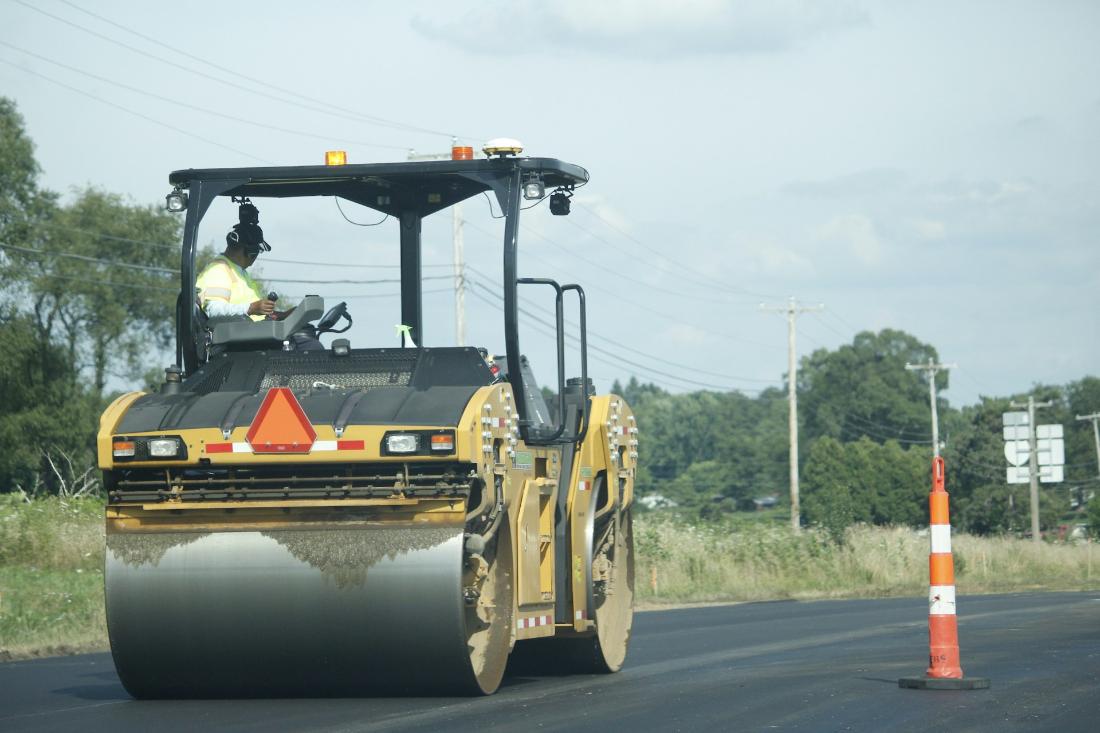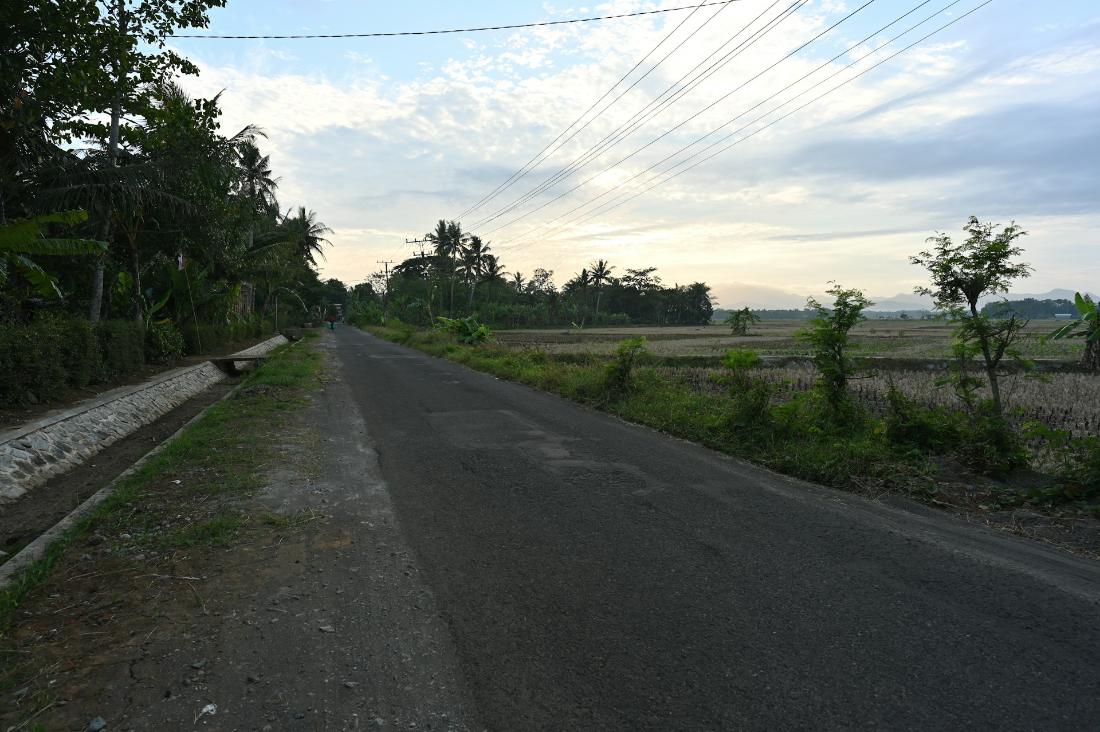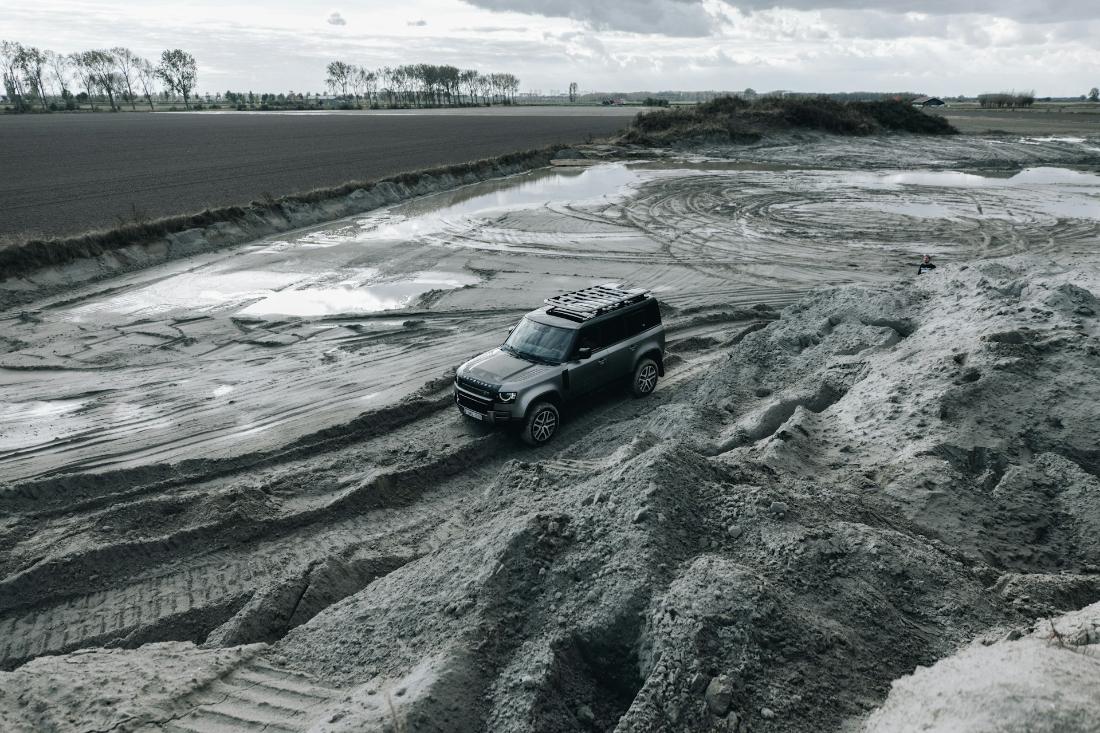Material
Road Tar Supplier in Malaysia
Apr 23 2025
Malaysia's road networks are the lifelines of its economy, connecting bustling cities, industrial hubs, and rural communities. Behind every smooth highway and durable rural road lies a critical component: high-quality road tar. Whether it's a major expressway project or a small municipal road repair, choosing the right road tar supplier in Malaysia can determine the longevity and performance of the pavement.
This guide explores everything you need to know about road tar—its types, applications, and how to select a reliable supplier. We’ll also discuss industry trends, common challenges, and why quality matters in Malaysia’s tropical climate.
Why Road Tar Quality Matters in Malaysia
Imagine driving on a newly paved road, only to find cracks and potholes forming within months. This scenario is all too common when inferior road tar is used. Malaysia’s climate—intense sun, heavy rainfall, and high humidity—puts immense stress on road surfaces. Poor-quality tar leads to:
Premature cracking and rutting due to thermal expansion and heavy traffic
Water seepage causing base layer erosion
Increased maintenance costs from frequent repairs
A trusted road tar supplier in Malaysia ensures that the material meets stringent standards, such as JKR (Public Works Department) and ASTM specifications, to withstand these challenges.
Types of Road Tar and Their Applications
1. Penetration Grade Bitumen
The most common type used in road construction, penetration grade bitumen is classified by its hardness (e.g., PEN 60/70, PEN 80/100). PEN 60/70 is widely used in Malaysia for its balance of flexibility and durability, making it ideal for:
Highways and expressways
Urban roads
Airport runways
2. Polymer-Modified Bitumen (PMB)
Enhanced with polymers like SBS (Styrene-Butadiene-Styrene), PMB offers superior resistance to deformation and cracking. It’s particularly useful for:
Heavy traffic zones (ports, industrial areas)
Areas with extreme temperature variations
3. Cutback Bitumen
This type is mixed with solvents (kerosene or diesel) to improve workability in cooler climates or for spray applications like:
Prime coats (preparing the base layer before paving)
Tack coats (improving adhesion between layers)
4. Emulsion Bitumen
A water-based solution that is eco-friendly and easy to apply, emulsion bitumen is commonly used for:
Road maintenance (patching, surface dressing)
Cold mix asphalt (remote areas where hot mixing isn’t feasible)
5. Oxidized Bitumen
With higher viscosity and weather resistance, this type is used for:
Waterproofing (roofing, pipe coatings)
Industrial applications
This guide explores everything you need to know about road tar—its types, applications, and how to select a reliable supplier. We’ll also discuss industry trends, common challenges, and why quality matters in Malaysia’s tropical climate.
Why Road Tar Quality Matters in Malaysia
Imagine driving on a newly paved road, only to find cracks and potholes forming within months. This scenario is all too common when inferior road tar is used. Malaysia’s climate—intense sun, heavy rainfall, and high humidity—puts immense stress on road surfaces. Poor-quality tar leads to:
Premature cracking and rutting due to thermal expansion and heavy traffic
Water seepage causing base layer erosion
Increased maintenance costs from frequent repairs
A trusted road tar supplier in Malaysia ensures that the material meets stringent standards, such as JKR (Public Works Department) and ASTM specifications, to withstand these challenges.
Types of Road Tar and Their Applications
1. Penetration Grade Bitumen
The most common type used in road construction, penetration grade bitumen is classified by its hardness (e.g., PEN 60/70, PEN 80/100). PEN 60/70 is widely used in Malaysia for its balance of flexibility and durability, making it ideal for:
Highways and expressways
Urban roads
Airport runways
2. Polymer-Modified Bitumen (PMB)
Enhanced with polymers like SBS (Styrene-Butadiene-Styrene), PMB offers superior resistance to deformation and cracking. It’s particularly useful for:
Heavy traffic zones (ports, industrial areas)
Areas with extreme temperature variations
3. Cutback Bitumen
This type is mixed with solvents (kerosene or diesel) to improve workability in cooler climates or for spray applications like:
Prime coats (preparing the base layer before paving)
Tack coats (improving adhesion between layers)
4. Emulsion Bitumen
A water-based solution that is eco-friendly and easy to apply, emulsion bitumen is commonly used for:
Road maintenance (patching, surface dressing)
Cold mix asphalt (remote areas where hot mixing isn’t feasible)
5. Oxidized Bitumen
With higher viscosity and weather resistance, this type is used for:
Waterproofing (roofing, pipe coatings)
Industrial applications
How to Choose the Right Road Tar Supplier
Not all suppliers provide the same level of quality and reliability. Here’s what to look for:
1. Compliance with Standards
A reputable supplier adheres to JKR, AASHTO, and ASTM specifications. Ask for test certificates to verify quality.
2. Production and Storage Facilities
Bitumen degrades if stored improperly. The best suppliers have:
Temperature-controlled storage tanks
Proper handling protocols to prevent contamination
3. Technical Support and Logistics
Road construction projects often require just-in-time deliveries. Reliable suppliers offer:
On-site technical advice for mixing and application
Efficient distribution networks to avoid delays
4. Track Record in Major Projects
Suppliers who have worked on PLUS Expressway, Pan Borneo Highway, or LRT projects are more likely to deliver consistent quality.
5. Sustainability Practices
With growing environmental concerns, leading suppliers now offer:
Recycled asphalt products
Low-emission production methods
Common Road Tar Issues in Malaysia (and How to Avoid Them)
1. Poor Adhesion
When tar doesn’t bond well with aggregates, it leads to stripping (separation of layers). Solution: Use polymer-modified bitumen or anti-stripping agents.
2. Thermal Cracking
Malaysia’s heat can cause tar to become brittle. Solution: Opt for higher-grade bitumen (e.g., PEN 80/100) in high-temperature zones.
3. Rutting in Heavy Traffic Areas
Constant vehicle load causes deformation. Solution: Polymer-modified bitumen (PMB) enhances resistance.
4. Moisture Damage
Water infiltration weakens the pavement. Solution: Proper drainage design and high-quality emulsion coatings.
Not all suppliers provide the same level of quality and reliability. Here’s what to look for:
1. Compliance with Standards
A reputable supplier adheres to JKR, AASHTO, and ASTM specifications. Ask for test certificates to verify quality.
2. Production and Storage Facilities
Bitumen degrades if stored improperly. The best suppliers have:
Temperature-controlled storage tanks
Proper handling protocols to prevent contamination
3. Technical Support and Logistics
Road construction projects often require just-in-time deliveries. Reliable suppliers offer:
On-site technical advice for mixing and application
Efficient distribution networks to avoid delays
4. Track Record in Major Projects
Suppliers who have worked on PLUS Expressway, Pan Borneo Highway, or LRT projects are more likely to deliver consistent quality.
5. Sustainability Practices
With growing environmental concerns, leading suppliers now offer:
Recycled asphalt products
Low-emission production methods
Common Road Tar Issues in Malaysia (and How to Avoid Them)
1. Poor Adhesion
When tar doesn’t bond well with aggregates, it leads to stripping (separation of layers). Solution: Use polymer-modified bitumen or anti-stripping agents.
2. Thermal Cracking
Malaysia’s heat can cause tar to become brittle. Solution: Opt for higher-grade bitumen (e.g., PEN 80/100) in high-temperature zones.
3. Rutting in Heavy Traffic Areas
Constant vehicle load causes deformation. Solution: Polymer-modified bitumen (PMB) enhances resistance.
4. Moisture Damage
Water infiltration weakens the pavement. Solution: Proper drainage design and high-quality emulsion coatings.
Emerging Trends in Road Tar Technology
1. Warm Mix Asphalt (WMA)
Reduces production temperatures by 20-40°C, lowering emissions and energy costs.
2. Rubberized Bitumen
Made from recycled tires, this eco-friendly option improves elasticity and noise reduction.
3. Nano-Technology Enhanced Bitumen
Increases durability and resistance to aging, ideal for high-stress roads.
4. Self-Healing Asphalt
Microcapsules release healing agents when cracks form, extending road life.
Cost Considerations for Road Tar in Malaysia
Prices fluctuate based on crude oil markets, but general ranges are:
Penetration Grade (PEN 60/70): RM 2,000 – RM 2,800 per metric ton
Polymer-Modified Bitumen (PMB): RM 3,500 – RM 4,500 per metric ton
Bitumen Emulsion: RM 2,500 – RM 3,200 per metric ton
Additional costs may include:
Transportation fees (especially for remote sites)
Custom formulations (e.g., rubberized bitumen)
Final Thoughts: Selecting the Best Supplier
A dependable road tar supplier in Malaysia is more than just a vendor—they are a partner in infrastructure development. Key takeaways:
? Verify certifications (JKR, ASTM)
? Check storage and handling practices
? Prioritize suppliers with technical expertise
? Consider sustainability initiatives
By choosing wisely, you ensure roads that last longer, perform better, and reduce long-term maintenance costs.
1. Warm Mix Asphalt (WMA)
Reduces production temperatures by 20-40°C, lowering emissions and energy costs.
2. Rubberized Bitumen
Made from recycled tires, this eco-friendly option improves elasticity and noise reduction.
3. Nano-Technology Enhanced Bitumen
Increases durability and resistance to aging, ideal for high-stress roads.
4. Self-Healing Asphalt
Microcapsules release healing agents when cracks form, extending road life.
Cost Considerations for Road Tar in Malaysia
Prices fluctuate based on crude oil markets, but general ranges are:
Penetration Grade (PEN 60/70): RM 2,000 – RM 2,800 per metric ton
Polymer-Modified Bitumen (PMB): RM 3,500 – RM 4,500 per metric ton
Bitumen Emulsion: RM 2,500 – RM 3,200 per metric ton
Additional costs may include:
Transportation fees (especially for remote sites)
Custom formulations (e.g., rubberized bitumen)
Final Thoughts: Selecting the Best Supplier
A dependable road tar supplier in Malaysia is more than just a vendor—they are a partner in infrastructure development. Key takeaways:
? Verify certifications (JKR, ASTM)
? Check storage and handling practices
? Prioritize suppliers with technical expertise
? Consider sustainability initiatives
By choosing wisely, you ensure roads that last longer, perform better, and reduce long-term maintenance costs.


